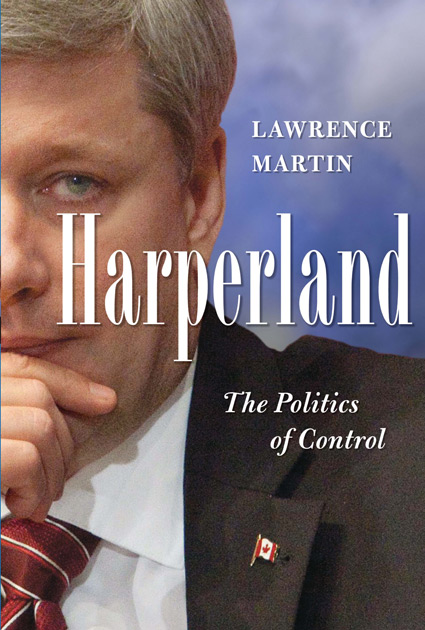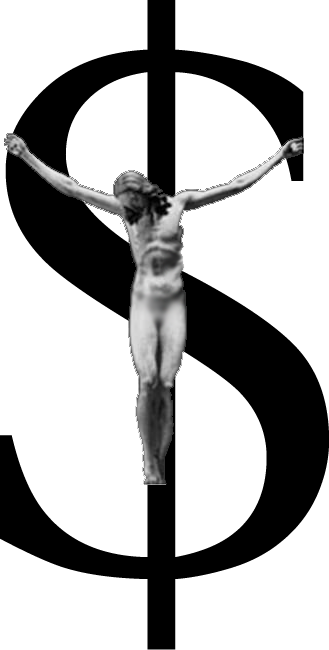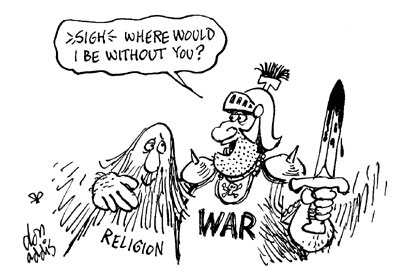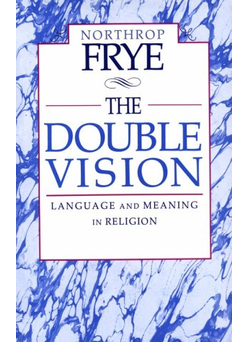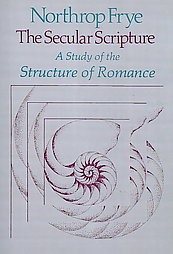httpv://www.youtube.com/watch?v=h4vs2drW_Hc
Hole, “Olympia.” Why it’s Hole, why the song is “Olympia,” and why this version of it is amateur hand-held video of a 1993 performance, is clarified below.
Last Saturday night I put up a brief post to note the passing of R.E.M and the twentieth anniversary of the release of Nirvana’s Nevermind. The next day I posted some observations by Amanda Marcotte on Nirvana and Third Wave feminism, and added a comment to expand a little on the rise of the riot grrrl phenomenon which, like Nirvana, had the same improbable hometown of Olympia, Washington. Tomorrow night I’m putting up more video featuring riot grrrl bands, partly because the movement is so closely associated with the emergence of the Third Wave, but also because the music and the culture around it are interesting on their own.
Whenever I post anything having to do with popular culture, especially if it is music that may be unknown to or disliked by many people, I do the same gut check: is this Frye-relevant? In this instance I’d say, as I say every time, yes it is, even though it is obviously not for all tastes. This time, however, I thought I’d sketch out my reasons for thinking so.
Frye once observed that soap operas never rise to the condition of fully realized romance because the endless narrative of serial adventures cannot reach a dialectical crisis of identity. It’s tempting to take this sort of comment as licence to dismiss popular culture generally. But Frye himself does not do this. He in fact says that there is no real distinction between high and low culture, and that any imposed distinction is about bias rather than anything intrinsic to the art itself. I have three main reasons to suggest why works of popular culture, whatever their appeal to taste, ought to be of interest to Frye critics.
The first is the assumption of imaginative value. Even the aesthetics of mass produced and distributed cultural phenomenon — particularly music, movies, television — have their own implicit value that can be tapped by critical engagement. The more consistently we are imaginatively engaged, the greater our potential for creative imaginative response. Mass produced culture has the advantage of ensuring mass circulation but introduces the danger of mass conformity. It has, however, also always been a cause for resistance and “counter-cultural” reactions. As long as this continues to happen, it is more likely to provide enough variation to prevent a debilitating decline into cliché and the kinds of reflexive response that undermine a liberated imaginative response.
Second, in much if not most of our popular culture (especially in that element with resistant counter-cultural origins) the dialectic of identity is strongly manifested in the prevailing archetypes of concern. Our only recently developed youth culture has a notably stubborn streak of resistance (which corporate interests, contrary to the conventional wisdom, do not entirely erase, but also search out at street level as the resistance reinvents itself). The lyrics of popular songs can easily be seen to be some expression, however occasionally naïve or fleeting, of discontent driven by something more like what Frye calls primary concerns: “making a living, making love, and struggling to stay free and alive,” as he puts it in Words with Power. This dialectic of identity those primary concerns represent is not much different from other “higher” forms of imaginative expression; the concerns are universal and their expression is recognizable in recurring archetypes.
Finally, there is what Frye refers to as the local and decentralizing aspect of culture. The universal is best perceived through the particular, which is why, as he once put it, William Faulkner could set his novels in a fictional county in Mississippi and still win a Nobel Prize for literature. The principle is in no way restricted to white American males; it is in the nature of the imaginative dimension of literature and all of the other arts. This fact ought to be more readily appreciable today when there is increasing evidence of the potential for a globalized popular culture, in which just about any aspect of any culture can be transferred and enjoyed anywhere else. It is typically picked up by another small, localized community and eventually transposed into the wider culture. Not surprisingly, the trend is most conspicuously present in music, which always has a massive international appeal, and therefore lends itself to innovation and synthesis. Thirty years ago a designation for “world music” came into wide use, and the increasingly hybridized nature of the music that falls under this heading has only become more obvious. It is almost a certainty these days that just about wherever there are discontented youth challenging local authority, there will be rap and hip hop: this is as true of large parts of the Muslim world, for instance, as it is of Israel.
Local culture therefore has a decentralizing effect on the more widely shared culture, and there is observable movement between the two. This makes it easier to understand why there is a cultish aspect to any counter-culture, especially among young people: these cultish communities are decentralized in the sense that they make a deliberate point of being as far away from accepted standards as they can manage, and they are local in the sense of exhibiting a sensibility and outlook assumed not to be widely shared, even if the community is international and held together by the ability to communicate through electronic media. But today’s cult always has the potential to be part of tomorrow’s culture.
Riot grrrl, for example, to end with the subject of tomorrow’s post, began in about 1990 in Olympia, Washington, which, again, was also the home of Nirvana, and quite remote from any source of the North American musical mainstream. The members of the Olympia music scene made their own music for their own enjoyment, and in a remarkably short period of time Nirvana’s local brand of grunge (an amalgam primarily of heavy metal and punk rock) became an international phenomenon. Meanwhile, the riot grrrl movement introduced a renewed expression of feminist attitudes into the alternative music scene, and that in turn allowed it to catch on just about anywhere it went. Like punk, with its anti-corporate orientation, the music is stripped down, the outlook is crankily dismissive of the status quo, and the lyrics are often profane; but the expectation tends to be hopeful, in the sense that there is anticipation, as there is throughout all of the arts, that things really could change for the better by confronting the world as it is with some sense of the way it ought to be. The fact that the perspective also tends to be ironic is, of course, not a problem because our universally shared concerns are, as Frye points out, what makes irony ironic.
Relative simplicity does not exclude a work of popular art from being imaginatively relevant or from having transferable value. It can render the dialectic of identity as reliably as any “serious” work of art, although, admittedly, with less range and nuance. But what the consumer of art does with any particular work of art is a matter of choice and discretion, and there the potential remains limitless. One of the most pleasantly surprising things about the punk movement when it first began to appear in the mid-1970s is that its indignation is typically motivated by passionately advocated concern. Because that concern is ironically expressed, it can yield a lot of wit and even unexpected tenderness. A much loved but long defunct riot grrrl band from Olympia, Bikini Kill, has a song called “I Like Fucking.” The title and the content are provocative, and, like most punk, there is a conventional épater la bourgeoisie involved. But the more localized context is, once again, what would soon become known as the Third Wave, including an energetic push back against male privilege, as well as a declaration of freedom and gender identity that is more fluid, self-confident, and defiantly sex-positive. However offensive some might find the presentation, the expectation is always reassuring if reassurance is what we are expecting to find. Approached on its own terms, this kind of music has its own authority, an authority that, like the best in all art, invites and does not compel.
I’ll hedge my bets a little by acknowledging that a lack of “range and nuance” in popular culture may be an issue worth considering in much more depth than I have here, and for some people it may be a deal breaker. I also do not address Frye’s critical but prescient observations about the youth culture of the 1960s because I think the culture has much deeper roots now. Because I teach, I am fortunate enough to be continually surprised by the sophistication of students, despite the needless compromises that have been introduced into their formal education through cutbacks and chronic under-funding. Their worldview is remarkably liberal, and it has certainly not been encouraged by the diminished opportunities we have provided them compared to their baby boomer parents. They seem to pick it up where they can, and the most obvious place to look is the culture a significant number of them seem to feel is not simply there for them to consume, but to engage to the extent their own concerns will carry them. In a society currently under seige by a plutocratic class which appears to be set upon stripping away wealth from whatever source it can find, our popular culture is a means to keep alive the determination to prevent the powers that be from being the powers that will prevail.
Previous posts on Frye and rock ‘n’ roll here, here, and here.
Casting our net a little wider on the issue of popular culture, posts on Charlie Chaplin here, here, and here; on silent movies here; a list of every movie Frye alludes to seeing here; on the New Yorker here and here; on television here; on popular art forms here, here, here, here, here, here, here, here, here, here, and here; on popular music here; on John Lennon here; on the Beatles here; on Bob Dylan here and here; on the ’60 youth movement here; on Andy Warhol here and here; Frye’s comments on a number of movies here.
This is by no means a comprehensive collection. This is just the stuff we’ve pulled together so far.
